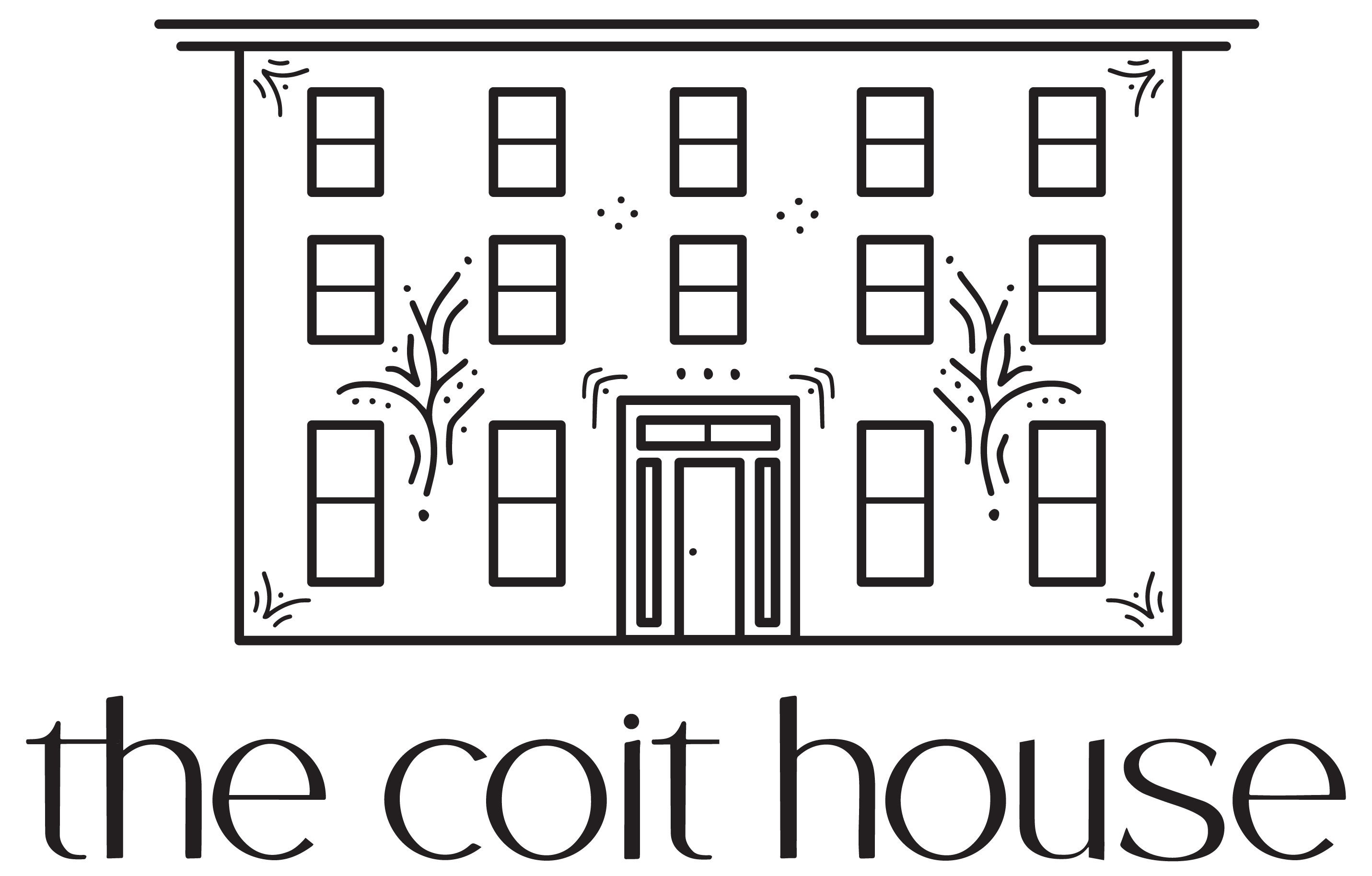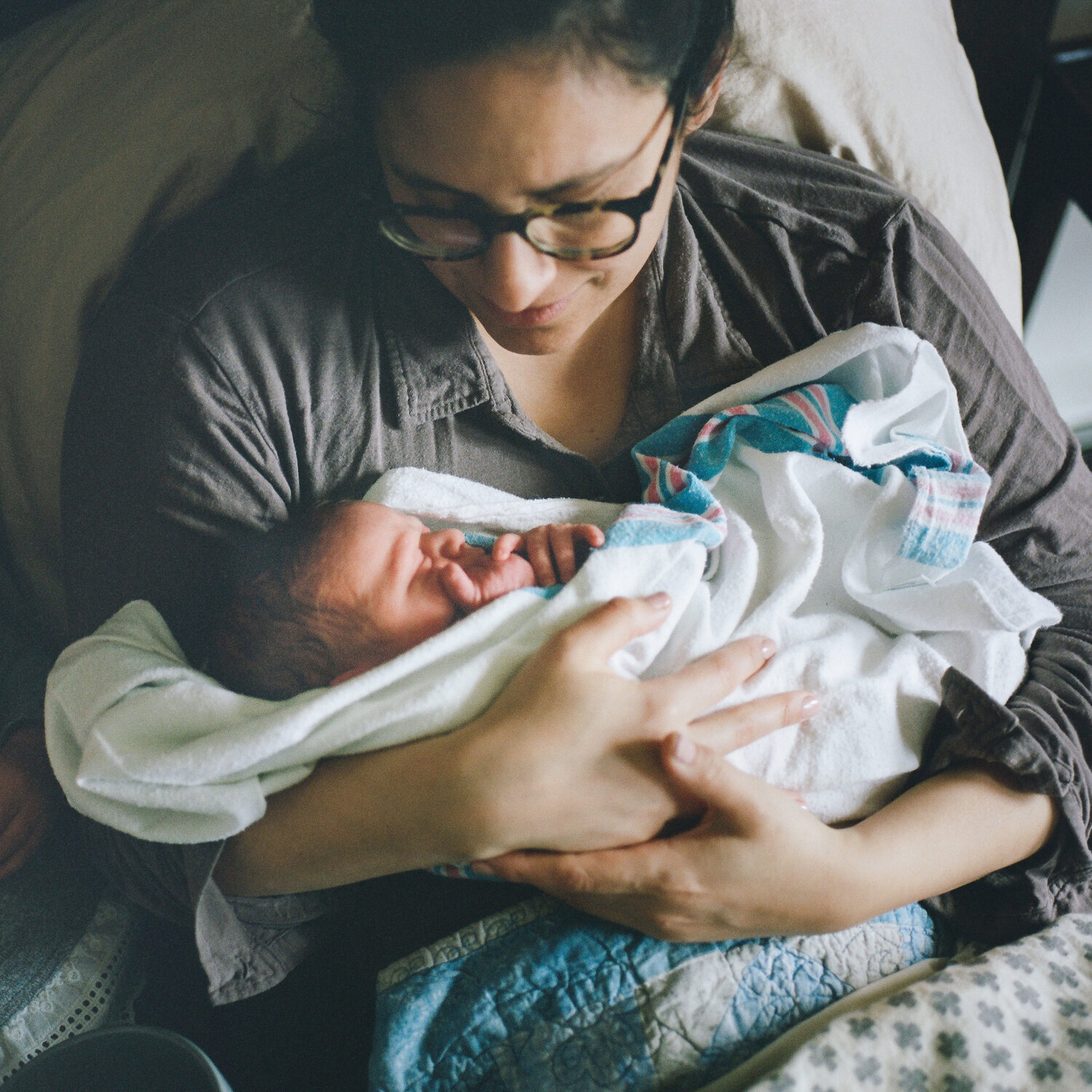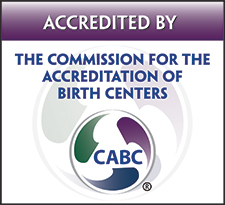The attentive and supportive postpartum care provided by Fika Midwifery is one of the greatest advantages of our community birth model. From the first few hours to the first few weeks and beyond, our team is there to help with whatever you need. Every parent deserves to be nurtured during this important time, and our goal is to ensure that each of our clients feels confident and cared for throughout the postpartum period.
During the hours of your initial postpartum, your baby will never leave your side. Physiologic (or delayed) cord clamping is standard in our care. This means the umbilical cord will not be cut until your baby receives their full blood supply, which usually takes several minutes. At first, the baby’s cord will be purple, thick, and pulsing, when it’s ready to be clamped and cut, it will be white, thin, and shriveled. We often wait until the placenta has been born to begin this process. Physiologic cord clamping has been shown to have many benefits, such as increasing hemoglobin levels, increasing iron stores, and improving circulation, among others. Up to a third of your baby’s blood volume is in the cord, so it makes sense to wait until baby gets all of that blood back into their body before clamping their cord. There is no whisking your baby off to a warmer at the Coit House, since your baby is still attached to you!
After the cord has been clamped and cut, we’ll help your new family settle into bed for skin-to-skin time. These are the golden hours, which are vital for both you and your baby to bond and recover from the intensity of the birth experience. The golden hours help your baby regulate their body temperature, heart rate, and blood sugar. They also assist you and your baby in beginning your nursing relationship and achieving a good latch. Breast/chestfeeding in the first hour or so after giving birth releases hormones in the postpartum person’s body that help the uterus contract and stop bleeding. During these golden hours, our clinical staff will be there if you need anything, but we leave you undisturbed for as long as you want. It goes by quickly, and you probably won’t be able to take your eyes off of the incredible new being you’ve created.
We wait to do the newborn exam, any newborn interventions you’ve chosen, and your postpartum exam until baby has latched and nursed for the first time. Our midwife is an IBCLC and many of our birth assistants are trained lactation counselors as well, so if you need any help trained support is right there to assist. During the newborn exam, your baby will be measured next to you in bed and weighed in one of our adorable fish scales. The little feet popping out of the sling makes the cutest photo op, so be sure someone has a camera ready! Newborn interventions are also done right next to you. It’s your choice of whether you want your baby to have eye ointment and/or vitamin K. We won’t call CPS or get a court order if you decline, unlike some other area facilities. Then, it’s time for your postpartum exam, which involves an inspection of your bottom for any lacerations. If you do tear, the midwife will give her recommendation on whether it will heal on its own or if stitches are needed. Again, stitches can be placed while you lay in bed with your baby with the aid of numbing medication.
Our clients are usually discharged 3 to 4 hours after they give birth. This timing is critical, as baby is about to take their longest nap for at least a few weeks, so we aim to get your family settled in at home and in your own bed so that everyone can take advantage and sleep for a few hours. We send our clients home with a thoughtfully curated postpartum care package with many supplies to help you heal in the early days after giving birth. The postpartum care package contains the softest organic cotton pads, beloved mesh underwear, herbal teas, herbal sitz baths to soothe your bottom, a tincture to help with afterbirth cramping and contractions, and the ultimate postpartum staple – a peri bottle so that you can rinse instead of wiping after using the bathroom, among other items. It also has several supplies for baby, like goldenseal to help their umbilical stump heal quickly and a book to start their first library.
Unlike in the traditional model of prenatal care, where you don’t see your provider after leaving the hospital until your six week check-up, we provide several visits with our clinical team in the first days and weeks after you give birth. All of our clients receive a home visit or Coit House visit 24-36 hours after birth. At this visit, we provide a lot of education while checking in on you and baby. We perform the required newborn screenings at this visit and check in on how nursing is going. Our midwife can be the primary health provider for your baby up to a week of life, so we encourage families to wait until 7-10 days after birth to see their pediatrician unless there is an issue that requires further care. The midwife also provides a telehealth visit at 3 to 5 days after birth. Most of our clients also opt-in to a 2 week postpartum visit at the Coit House in addition to their 6 week postpartum visit. As always, our midwife is easily accessible via the patient portal for any questions or concerns that come up. We also offer lactation visits at the Coit House with an IBCLC if you want to check in with a lactation consultant.
Many people talk about the newborn days as a time to “get through.” While exhaustion is all but a guarantee, the first few weeks with your baby can be beautiful, joyful, and exciting. Although postpartum and newborn education are often an afterthought during your pregnancy, we strongly encourage you to research and prepare for your own recovery while caring for your baby. Just like you will make a birth plan, think about a postpartum plan that outlines how you and your support people will work together to ensure you get optimal rest, prepared foods, emotional support, lactation assistance, and helpful visitors (but only if you want them!).
Healing after giving birth takes time, rest, and support. The First Forty Days: The Essential Art of Nourishing the New Mother, by Heng Ou is an incredible resource to learn all about navigating this intense time. The healing recipes included are well-loved by our staff, and we offer this as one of the complimentary books clients can choose from at their initial visit. You can also check out Heng Ou’s instagram for more ideas as you think about the postpartum experience you want to build. Other great resources are the class offerings at Buffalo Doula Services, which include Thriving Postpartum, Breastfeeding 101, and Baby Basics. You might also consider hiring a postpartum doula, who can help you take care of yourself, your baby, and your home as you recover after birth.
The first days and weeks after giving birth are a time of falling in love as you get to know your new little person, and it’s also a time full of growing pains as you adjust to a new family dynamic. Every baby is different and each family addition brings new changes, so even if you’ve given birth before, this postpartum will be a unique experience. We are here to support you in creating the best postpartum possible.
Author Mary Badame is the Quality Assurance Manager at Fika Midwifery and is a passionate advocate for midwife-led care, increased birth options, and better reproductive healthcare for everyone.
